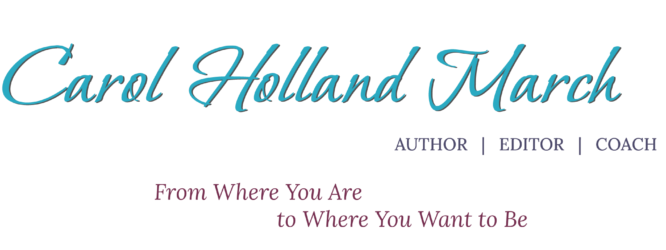 Writing for Release
Writing for Release
When we write with the intention of healing ourselves or connecting more deeply to our Creative Source or both, we may encounter “negatives.” Anger, disappointment, fear, jealousy, regret, even terror of admitting our own truth.
There’s nothing wrong with this. To move through unpleasant experiences, it is often necessary to write about what happened and how we felt. Positive and negative.
A faster method for releasing is to express the held emotions in primal ways, such as crying or screaming. If we don’t subject others to these outbursts, it’s fine. Magnetically polarized people, who hold onto more emotions longer, often must use nonverbal means to get them moving enough that space opens in our systems for new information to enter.
Any kind of expression, if it does no harm to another, is good. If the idea frightens you, a professional facilitator can help.
Once space opens and we no longer feel at the mercy of our emotions, positive affirmations help. Start with something simple. I use the affirmation “I love myself” nearly every day. How about:
- “I can change my life in positive ways.”
- “I express my love for myself and others.”
- “I am grateful for my life and ______”
- “I co-create with Source to improve my health.”
What affirmations can you use to change negative beliefs or patterns you’ve noticed?
Take a few minutes and jot them down. A special notebook for your affirmations or beliefs you are changing is useful, as you can look back at your record and see how far you’ve come.
Prayer
We may forget that affirmations are prayer. When we affirm our health, we accept our role as co-creators. Instead of asking for divine intervention, we acknowledge we have a part to play with our Source.
Larry Dossey, MD has written a fascinating book, Healing Words: The Power of Prayer and the Practice of Medicine
He talks about the concept of “prayerfulness” as a state where the person does not pray for something in the traditional sense, but lives with a sense of the sacred, of being aligned with “something higher.” Prayerfulness accepts without being passive, is grateful without giving up. It is willing to stand in the mystery of life where much is hidden from the rational mind.
He mentions research on cases of spontaneous remission of cancer which suggests that prayerfulness and an indwelling spiritual sense has the most effect on the process of cancer.
Making friends with the unconscious mind, for some the seat of all healing and inspiration, seems to be key. People who experience radical, spontaneous healing have a quality of acceptance and gratitude, as if things are all right despite the presence of disease.
When coping with a life-threatening illness, gratitude may be a stretch, but the more we can forgive, ourselves and others, we open the door to transformation.
Here is a lovely prayer to start the day. From Nick Polizzi of the Sacred Science website. If you haven’t seen the video or read his book about an amazing journey of healing that people with serious illnesses undertook with indigenous shamans, it’s worth checking out.
Dear Great Spirit,
You are inside me, within my every breath,
Within each bird, each mighty mountain.
Your sweet touch reaches everything and I am well protected.
Thank you for this beautiful day before me.
May joy, love, peace and compassion be part of my life
and all those around me on this day.
I am healing and I am healed

